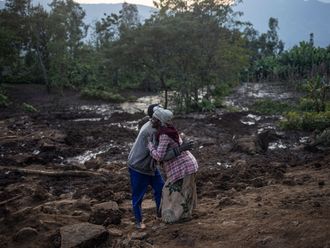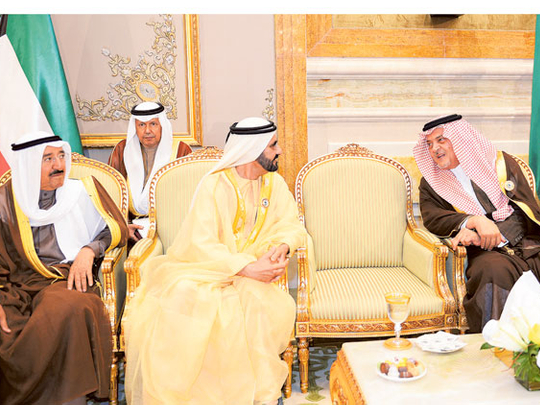
Kuwait City: Kuwait’s Emir Shaikh Sabah Al Ahmad Al Sabah opened the third Africa-Arab summit on Tuesday with a pledge to provide $1 billion (Dh3.67 billion) in low-interest loans to African countries over a five-year period.
Arab and African leaders gathered for the two-day summit in Kuwait City are to review steps to promote economic ties between wealthy Gulf states and investment-thirsty Africa.
“I ordered officials of the Kuwait Fund for Arab Economic Development to provide soft loans worth $1 billion to Africa over the next five years,” Shaikh Sabah announced.
He also said that Kuwait, in cooperation with the World Bank and other international institutions has decided “to provide investments and investment guarantees worth $1 billion” over the next years and this will focus on infrastructure projects.
The Kuwait Fund is the oil-rich Gulf state’s investment and aid arm in African, Asian and Arab countries. So far it has provided billions of dollars in low-interest loans for development and infrastructure projects.
Thirty-four heads of state, seven Vice-Presidents and three heads of government are attending the third Africa-Arab summit, which brings together 71 countries and organisations.
The meeting is the first of its kind since 2010, when leaders met in Libya prior to the Arab Spring uprisings that toppled longstanding dictatorships in North Africa and the Middle East.
The leaders are expected to approve measures and resolutions adopted by foreign ministers on Sunday aimed at fostering economic cooperation between the two regions.
The Emir said the two regions “need to exert efforts to face the challenges facing our countries”.
Shaikh Sabah said the Kuwaiti private sector companies played a leading role in helping achieve strategic partnership.
“They are all evidence of our firm conviction of the importance of strategic partnership. We should also mention ... the philanthropic work of Kuwaiti charitable associations that expand their activities to include many African countries,” he said.
Kuwait will earmark an annual financial award of one million dollars in the name of late Dr Abdul Rahman Al Sumait focusing on development research in Africa.
The award will be supervised by Kuwait Foundation for the Advancement of Sciences (KFAS).
Al Sumait, the founder of Kuwait-based Direct Aid, started philanthropic work and charity operations in Africa in the early 1980s.
The Emir told the conference that the proper utilization of “our natural resources” would contribute to sustainable development and economic integration, through making good use of skilled manpower to ultimately achieve food security despite unstable economic conditions around the globe.
Kuwait’s Foreign Minister Shaikh Sabah Khalid Al Sabah said the “Partners in Development and Investment” summit will discuss a proposal by the Africa-Arab Economic Forum to create an Arab-African common market for a combined population of around 1.2 billion people.
The leaders will also focus on how to accelerate investment flows into Africa, which has huge potentials but is facing an acute investment gap.
According to the World Bank, Africa needs around $30 billion a year just to develop its energy section.
The International Monetary Fund says African economic growth was a solid 5.0 per cent in 2012 despite the world economic crisis. Growth is forecast to ease slightly at 4.8 per cent this year and rebound to 5.1 per cent in 2014.
In addition, Africa has 12 per cent of global oil reserves and 42 per cent of its gold deposits. The discovery of large quantities of natural gas off Africa’s east coasts has added to the continent’s economic potential.
On the other hand, the energy-rich Gulf Cooperation Council states have accumulated surpluses to the tune of $2.0 trillion thanks to persistently high oil prices. A majority of the assets are invested in the US and Europe.
The summit held in Libya three years ago adopted an Africa-Arab Partnership Strategy and a 2011-2016 Joint Action Plan to increase investment, trade and other economic projects.
But implementation has been slow, in part because of the turmoil unleashed by the 2011 Arab Spring, which saw the leaders of Tunisia, Libya, Egypt and Yemen toppled by mass protests and the outbreak of civil war in Syria.
The leaders are expected to approve a resolution to set up an Africa-Arab Joint Financial Mechanism to provide the means for implementing projects and encouraging investment.
They will also discuss establishing an Africa-Arab Technical and Coordination Committee on Migration to help protect migrant workers.
— With inputs from Habib Toumi, Bahrain Bureau Chief


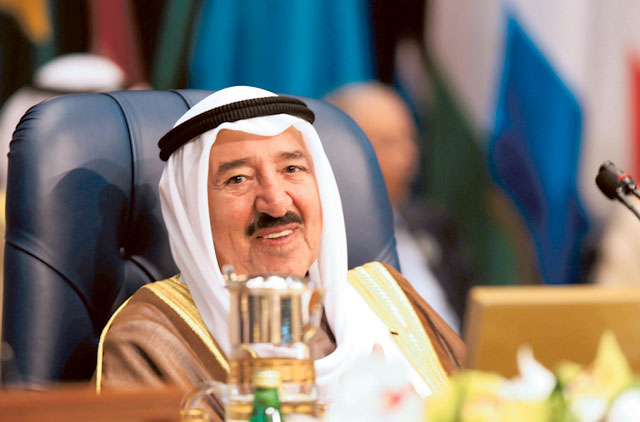
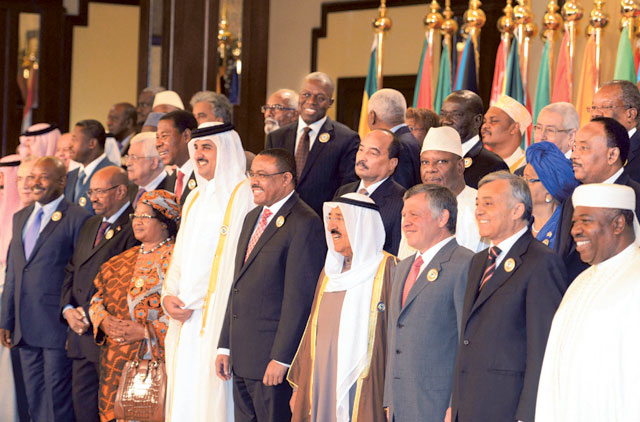

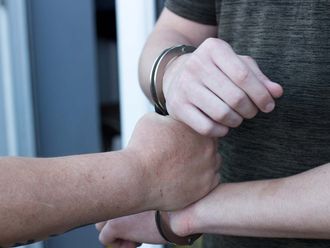

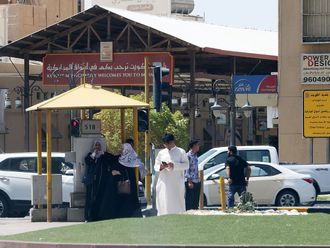
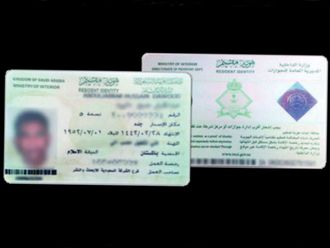

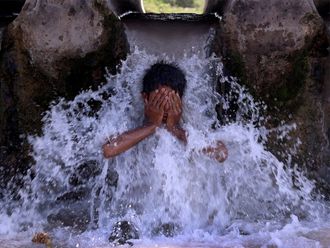

_resources1_16a30b3523c_small.jpg)
